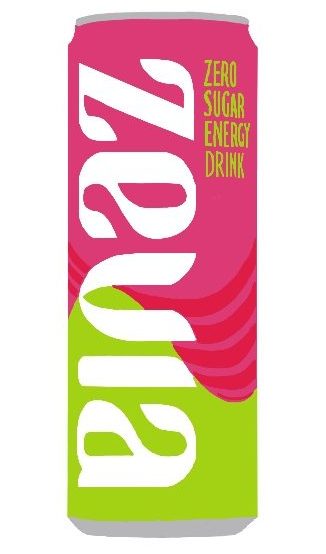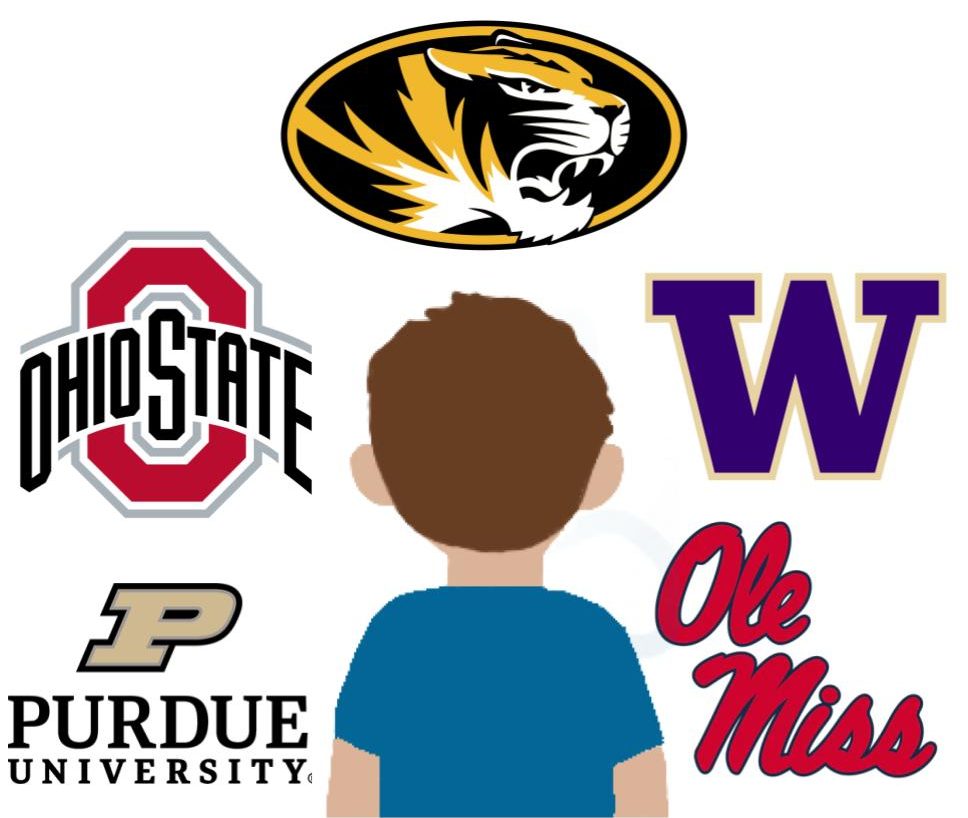EHS-hub Glossary of Terms
Angle: The approach a reporter takes on his or her story.
AP Style: The form of writing news staff will use to write their stories. For help with AP Style, use this website.
Attribution: The inclusion of a source’s credentials in a reporter’s piece of work.
Brief: A type of news story that covers the who, what, when, where, why and how of a topic. A brief is typically somewhere around 300 words.
Closed question: A question that can be answered by simply replying yes/no. A reporter should avoid asking closed questions at all times.
Code of Ethics: Refers to the principles found in the Code of Ethics created by the Society of Professional Journalists.
Conflict: Something about a story that makes for incompatibility, something that isn’t right.
Consequence: What will happen as a result of the topic of a story.
Copy: The main text found in a story.
Data: The facts found for a story either through interviews or through background research. A superior story, no matter what type, has lots of data.
Direct quote: A verbatim quote from a source that will be used in a story. The easiest way to get direct quotes is to record interviews.
Editorial: Something written on behalf of the Editorial Board (All staff editors) that expresses some sort of opinion.
Feature: A type of news story that is more in depth than a brief and takes more work to put together.
Human interest: What will make your readers want to see a story? Why should they care?
Letters to the Editor: Gives readers a platform to express their opinions on current news.
News value: How relevant is the topic of the story? Will people care to read it?
Open-ended question: A question that someone has to think about to answer. These questions cannot be answered with yes/no. A reporter should strive to ask open-ended questions.
Prominence: The importance of a story topic to readers.
Proximity: How close does a story hit to home? Is the focus of a story in another country? Is it two miles down the road?
Public forum: A publication that can freely publish their own content without the approval of a school administrator.
Prior review: When school administrators read over an edition of a publication to approve it before it is released to the public.
Run: A synonym of the word publish.
Timeliness: How long, from the publishing of a story, will the story be the most relevant. Always stay timely.
Transparency: Someone who is transparent will hold themselves accountable for their actions and is not afraid to explain mistakes to others.
Unprotected Speech: obscenity, fighting words, defamation (includes libel and slander), child pornography, perjury, blackmail, incitement to imminent lawless action, true threats, solicitations to commit crimes, material disruption to the educational environment and unwarranted invasion of privacy













